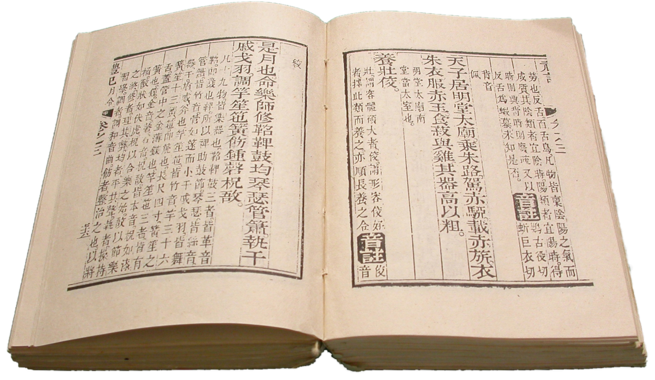
Main Difference
The main difference between Novella and Novel is that the Novella is a written, fictional, prose narrative normally longer than a short story but shorter than a novel and Novel is a narrative text, normally of a substantial length and in the form of prose describing a fictional and sequential story
-
Novella
A novella or short novel is a work of narrative prose fiction, longer than a short story but shorter than a novel. Publishers and literary award societies typically consider a novella’s word count to be between 15,000 and 40,000 words, although definitions vary.The English word “novella” derives from the Italian novella, feminine of novello, which means “new”. The novella is a common literary genre in several European languages.
-
Novel
A novel is a relatively long work of narrative fiction, normally written in prose form, and which is typically published as a book.
The entire genre has been seen as having “a continuous and comprehensive history of about two thousand years”, with its origins in classical Greece and Rome, in medieval and early modern romance, and in the tradition of the Italian renaissance novella. (Since the 18th century, the term “novella”, or “novelle” in German, has been used in English and other European languages to describe a long short story or a short novel.)
Murasaki Shikibu’s Tale of Genji, an early 11th-century Japanese text, has sometimes been described as the world’s first novel, but there is considerable debate over this — there were certainly long fictional works much earlier. Spread of printed books in China led to the appearance of classical Chinese novels by the Ming dynasty (1368–1644). Parallel European developments occurred after the invention of the printing press. Miguel de Cervantes, author of Don Quixote (the first part of which was published in 1605), is frequently cited as the first significant European novelist of the modern era. Ian Watt, in The Rise of the Novel (1957), suggested that the modern novel was born in the early 18th century.
Walter Scott made a distinction between the novel, in which (as he saw it) “events are accommodated to the ordinary train of human events and the modern state of society” and the romance, which he defined as “a fictitious narrative in prose or verse; the interest of which turns upon marvellous and uncommon incidents”. However, many such romances, including the historical romances of Scott, Emily Brontë’s Wuthering Heights and Herman Melville’s Moby-Dick, are also frequently called novels, and Scott describes romance as a “kindred term”. This sort of romance is in turn different from the genre fiction love romance or romance novel. Other European languages do not distinguish between romance and novel: “a novel is le roman, der Roman, il romanzo, en roman.”
-
Novella (noun)
A short novel or long short story.
“novelette”
-
Novel (adjective)
new, original, especially in an interesting way
-
Novel (noun)
A novelty; something new. 15th-18th c.
-
Novel (noun)
A work of prose fiction, longer than a novella. from 17th c.
-
Novel (noun)
A fable; a short tale, especially one of many making up a larger work. from 16th c.
-
Novel (noun)
A new legal constitution in ancient Rome. from 17th c.
